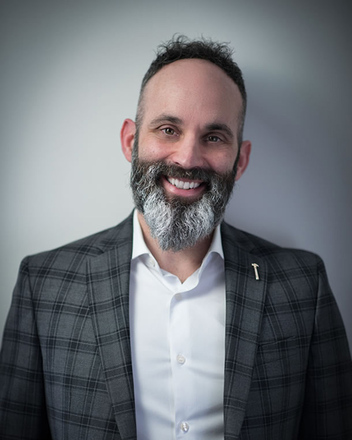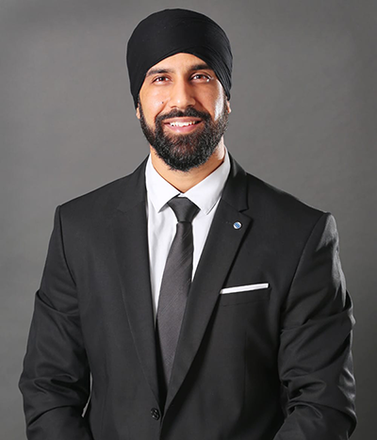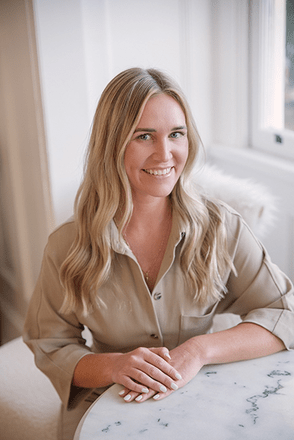Axiom Mortgage Solutions
Formerly The Modern Mortgage Unlimited Company. A multi region reach of the brokerage. Axiom is a client focused and community driven brokerage, contact us:
Axiom Mortgage Solutions
Head Office
223 14 Street NW
Calgary AB T2N 1Z6
Compliance Officer
Gord Appel
(403) 714-4663
gord.appel@axiom.ca
Broker of Record
Gord Ross
800-517-8670 ext 301
gord@axiommortgage.ca
Our Team
Sean is one of the most knowledgeable people I have met. He definitely puts his clients first. Great to work with on every level.
Dave Szalkai
I had the opportunity to do business with Spencer and found all we needed to refinance our home, we’re extremely happy; all our questions were answer and he helped us thought out the transition of our mortgage. I definitely recommend Spencer when you’re shopping for Mortgages.
Julio Leal



















